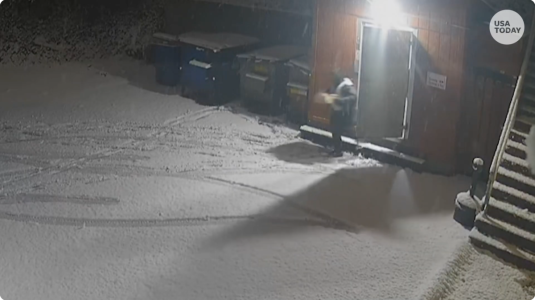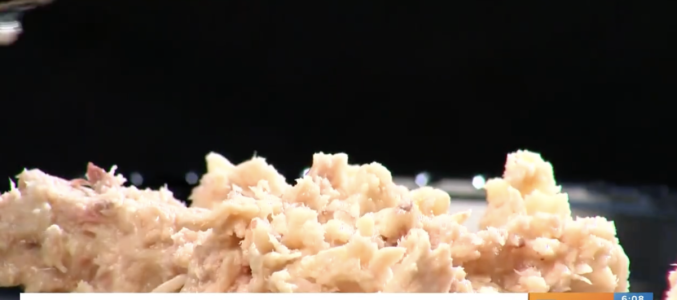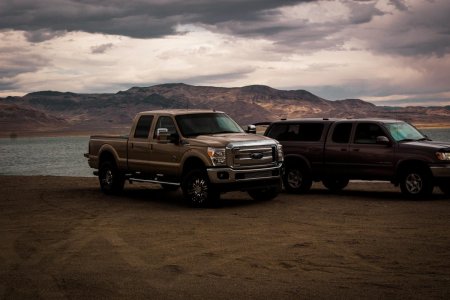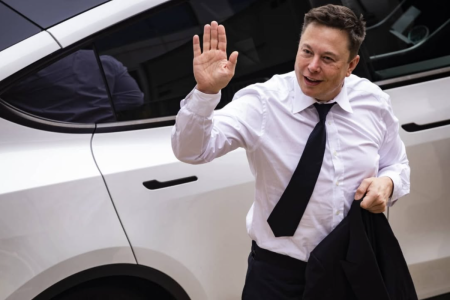The high price of the Oval Office: 7 surprising restrictions on US presidents
- Replies 0
When we think of the President of the United States, we often imagine a figure of immense power and freedom.
However, the reality of the presidency comes with a unique set of restrictions that would make many of us think twice about wanting the job. The leader of the free world is bound by an array of limitations that ensure their safety and uphold the dignity of the office.
Let's delve into seven everyday things no US President is allowed to do while in office, revealing the unexpected constraints that come with one of the world's most powerful positions.
1. Driving in public
Roads Imagine never being able to feel the thrill of the open road or the autonomy of driving to the corner store. For US Presidents, this is a reality.
Since Lyndon B. Johnson's time, presidents have been prohibited from driving on public roads due to security concerns. While they can still enjoy private drives on secured properties like Camp David or their personal estates, the freedom of spontaneous road trips is a thing of the past.
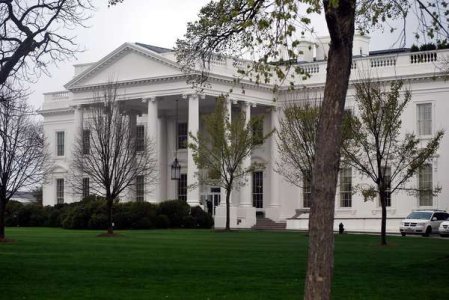
2. Using personal electronic devices freely
In an age where smartphones are practically extensions of ourselves, presidents must forgo the luxury of using off-the-shelf electronic devices.
Barack Obama famously negotiated to keep his Blackberry, and Donald Trump used multiple “burner” phones for security reasons. Even Joe Biden, known for his love of gadgets, has had to use modified versions of popular tech like the Apple Watch and Peloton bike.
3. Attending family events without major security preparations
Presidential duties often come at a personal cost, particularly when it comes to family. Attending a child's school play or a grandchild's soccer game becomes a logistical nightmare, requiring extensive security measures that can disrupt the event for others.
As a result, many presidential children have been educated within the White House itself to minimize security risks.
4. Blocking people on social media
Social media has become a battleground for free speech and political discourse, but presidents can't engage in this space as private citizens.
They must have their social media activity monitored, and as a federal judge ruled in 2018, they cannot block individuals on platforms like Twitter, as it would violate the First Amendment rights of those users.
5. Flying on commercial airlines
While many of us dread the hassles of commercial air travel, presidents don't even have the option.
For security reasons, they are required to travel on Air Force One or other government-provided aircraft. This ensures their safety and allows them to work and communicate securely while in transit.
6. Opening windows
Something as simple as opening a window to let in fresh air is off-limits for the president. Both in the White House and in presidential vehicles, windows must remain closed for security reasons.
Michelle Obama once shared her longing to open a window, a small freedom she looked forward to reclaiming after her husband's presidency.
7. Cleaning their own office
The Presidential Records Act mandates that presidents preserve all documentation, including emails and physical mail. This means that presidents can't simply tidy up their office or dispose of papers without them being sorted and cleared by White House staff.
Every piece of correspondence is part of the historical record and must be treated as such.
While the Secret Service can advise against certain actions, ultimately, the president has the final say. However, the law and a series of established rules ensure that the president and their family are protected from potential harm, even if it means sacrificing some personal liberties.

What are your thoughts on these restrictions? Do you think it's worth the price of being president? Let’s discuss in the comments below!
However, the reality of the presidency comes with a unique set of restrictions that would make many of us think twice about wanting the job. The leader of the free world is bound by an array of limitations that ensure their safety and uphold the dignity of the office.
Let's delve into seven everyday things no US President is allowed to do while in office, revealing the unexpected constraints that come with one of the world's most powerful positions.
1. Driving in public
Roads Imagine never being able to feel the thrill of the open road or the autonomy of driving to the corner store. For US Presidents, this is a reality.
Since Lyndon B. Johnson's time, presidents have been prohibited from driving on public roads due to security concerns. While they can still enjoy private drives on secured properties like Camp David or their personal estates, the freedom of spontaneous road trips is a thing of the past.

US Presidents are restricted from doing certain everyday activities during their term in office due to security protocols. Image source: PublicDomainPictures / Pixabay.
2. Using personal electronic devices freely
In an age where smartphones are practically extensions of ourselves, presidents must forgo the luxury of using off-the-shelf electronic devices.
Barack Obama famously negotiated to keep his Blackberry, and Donald Trump used multiple “burner” phones for security reasons. Even Joe Biden, known for his love of gadgets, has had to use modified versions of popular tech like the Apple Watch and Peloton bike.
3. Attending family events without major security preparations
Presidential duties often come at a personal cost, particularly when it comes to family. Attending a child's school play or a grandchild's soccer game becomes a logistical nightmare, requiring extensive security measures that can disrupt the event for others.
As a result, many presidential children have been educated within the White House itself to minimize security risks.
4. Blocking people on social media
Social media has become a battleground for free speech and political discourse, but presidents can't engage in this space as private citizens.
They must have their social media activity monitored, and as a federal judge ruled in 2018, they cannot block individuals on platforms like Twitter, as it would violate the First Amendment rights of those users.
5. Flying on commercial airlines
While many of us dread the hassles of commercial air travel, presidents don't even have the option.
For security reasons, they are required to travel on Air Force One or other government-provided aircraft. This ensures their safety and allows them to work and communicate securely while in transit.
6. Opening windows
Something as simple as opening a window to let in fresh air is off-limits for the president. Both in the White House and in presidential vehicles, windows must remain closed for security reasons.
Michelle Obama once shared her longing to open a window, a small freedom she looked forward to reclaiming after her husband's presidency.
7. Cleaning their own office
The Presidential Records Act mandates that presidents preserve all documentation, including emails and physical mail. This means that presidents can't simply tidy up their office or dispose of papers without them being sorted and cleared by White House staff.
Every piece of correspondence is part of the historical record and must be treated as such.
While the Secret Service can advise against certain actions, ultimately, the president has the final say. However, the law and a series of established rules ensure that the president and their family are protected from potential harm, even if it means sacrificing some personal liberties.
Key Takeaways
- US Presidents are restricted from doing certain everyday activities during their term in office due to security protocols.
- Restrictions include being unable to drive on open roads, using personal electronic devices unmonitored, and attending their children's performances or events.
- Presidents are prohibited from using commercial airlines, opening windows in the White House or presidential vehicles, and cleaning their office or discarding mail personally.
- Although the Secret Service can advise against certain actions, the president ultimately has the final say on their actions, with the Secret Service adapting to provide protection.
What are your thoughts on these restrictions? Do you think it's worth the price of being president? Let’s discuss in the comments below!


